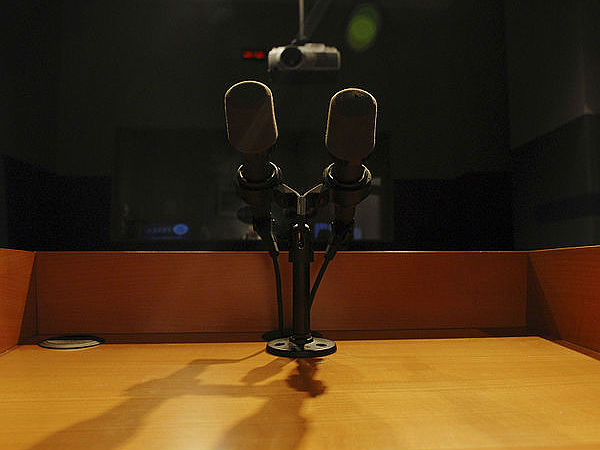Sitting in court, a man was called. He was wearing a suit (a jolt of normality amidst the procession), looked respectable, but he also looked ashamed.
His charges appeared minor, I was not there for him, and I didn’t start taking notes until half way through the prosecution’s summary, not until his story caught my attention.
No names, no dates, but essentially this man was under so much stress that he cracked. He was seen by a number of people masturbating as he did laps of the main street of Launceston driving his work car.
His head hung as if no muscles remained to support them; eyes fixed to the floor.
There was one other journalist with me, a friend from a rival network. She whispered to me, “This is going to be so embarrassing when it’s reported.”
It was the pair us who had the potential to further embarrass him. I told her, “I am not going to do it”. I eliminated her competition. She gave me a searching look to make sure I was genuine, and she didn’t report the story.
It’s a tame example of a moral dilemma journalists face reporting sensitive court stories.
The legal dilemma is clear, well, as clear as it can be. The rules are in place to protect, especially victims of sexual abuse and children.
But, even with a legal green light, to me, reporting is a judgment call based on the balance of public interest versus personal impact. Not only to those involved, but also their friends and family.
The British and Australian mainstream media is currently biting its collective tongue (if you exclude social media).
An instantly recognisable Australian ‘star’ was arrested by British police last week on suspicion of sex offences.
The 82 year-old man has not been charged, and police have not formally identified him.
No one in the mainstream media has reported his name, despite some on Twitter identifying him. In doing so, he is now somewhat hidden in plain view.
It’s a judgment call being made by editors, producers and journalists across the globe. It’s also a waiting game on who will jump first, so scarred is the UK press following the Leveson inquiry that no one wants to be the first.
But, and it’s a big but, if he is innocent, the impact of naming him would be devastating.
Friends of the man told News Limited’s Charles Miranda he was “almost suicidal”. And there are doubts if he will be charged. The Daily Mail revealed last week that “only three of the 11 men arrested over suspected sex offences in the aftermath of the Jimmy Savile scandal are likely to be charged”.
If he is, then it is proper, and important, that he be named and that the story is reported. But, “what if” is paramount. Open the floodgates too early and this man will be smeared for life. And if he is innocent, the blame will be lapping at the media’s feet.
Harvey Biggs is a WIN News journalist based in Launceston, Tasmania. He graduated from La Trobe University in 2008. Follow him on Twitter @HarveyBiggs







